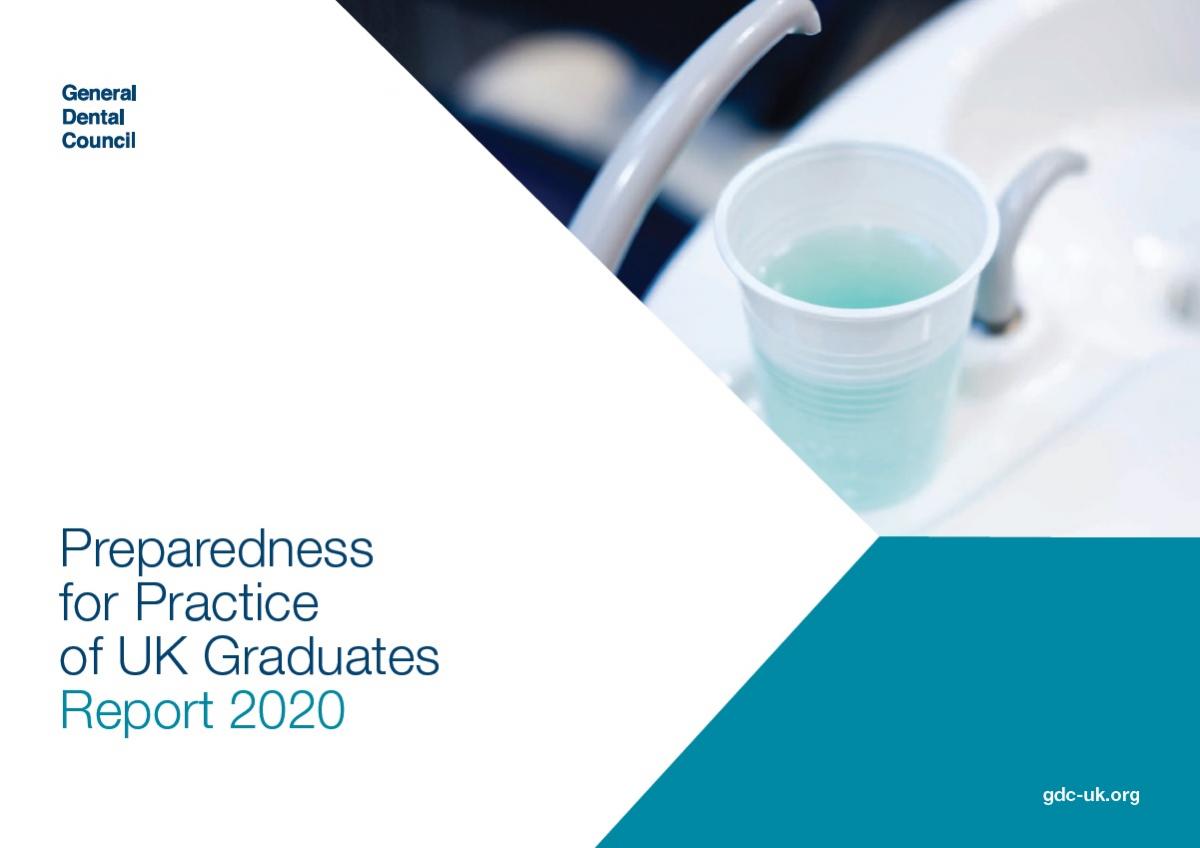 The Association of Dental Education in Europe (ADEE) was commissioned by the General Dental Council (GDC) to conduct a Rapid Evidence Assessment (REA) to explore how well-prepared new dental graduates, trained in the UK, are for practice at the point of graduation and to identify what works well in preparing students to be ready for practice as registered dental professionals. The REA, which formed part of the evidence base for GDC’s thematic review into preparedness for practice, has now been published by the GDC along with their thematic review.
The Association of Dental Education in Europe (ADEE) was commissioned by the General Dental Council (GDC) to conduct a Rapid Evidence Assessment (REA) to explore how well-prepared new dental graduates, trained in the UK, are for practice at the point of graduation and to identify what works well in preparing students to be ready for practice as registered dental professionals. The REA, which formed part of the evidence base for GDC’s thematic review into preparedness for practice, has now been published by the GDC along with their thematic review.
ADEE’s REA considered over 1000 publications and provides significant and in-depth detail from 89 relevant publications on the topic of ‘preparedness for practice’ from across the UK and internationally and details from interviews with research area experts. Some of the key findings from the REA include:
- although the concept of a new graduate as a ‘safe beginner’ was widely accepted, the level of expectation of a new graduate and the perception of what constitutes ‘preparedness for practice’ differed. Evidence suggests that trainers tend to hold higher expectations of the new graduates than the standards required by the learning outcomes.
- clinical competence was found to be a fundamental aspect of preparedness for practice, although interviewees in the research recognised that it is constituted by multiple elements, including health, mental health and pastoral aspects.
- lack of preparedness relates more to complex skills where experience is limited, for example as a result of changing demographics and dental disease. Factors contributing to variance in preparedness in the UK were found to be similar to those reported from other countries
GDC’s thematic review highlights some of the challenges that new graduates may face on entering the workplace and identifies areas in which preparedness of new graduates could be improved or enhanced. These areas include increasing the breadth and depth of clinical experience, clarifying expectations of new dentists at the point of registration, and ensuring that there is adequate support (both clinical and pastoral) during the first year or years of practice. While finding these areas where preparedness could be enhanced, GDC’s thematic review found no evidence to suggest graduates are unsafe.
On publication of the reports, Professor Jonathan Cowpe, ADEE project lead, said:
There are increasing pressures with expanding curricula in undergraduate education influenced by changes in disease processes, demographic, societal and cultural changes and expansion in development of techniques, new materials and complexity of procedures. Identifying which of these are considered essential for the safe beginner as they enter the workplace presents a challenge for educationalists and the regulator. “The transition of a new graduate into the working environment can be a monumental step. Closer engagement across stakeholders including those in undergraduate and postgraduate education and training with input from the regulatory body and employers has been raised through this review.”
ADEE’s REA and GDC’s thematic review (Preparedness for Practice of UK Graduates 2020) can be found on the GDC’s website.




